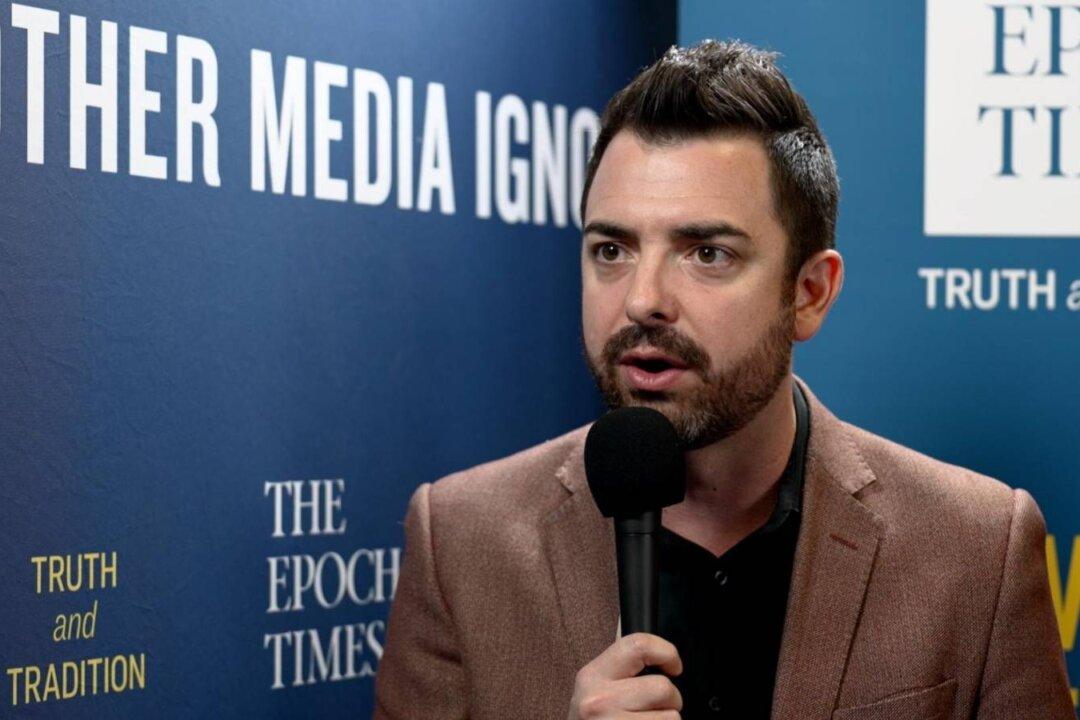Wokeism has taken the form of religion that has adopted various beliefs mixed with Marxism and critical race theory (CRT), said pastor Lucas Miles.
Critical race theory, an offshoot of a neo-Marxist branch of thought, was influenced by liberation theology and black liberation theology, he explained.






